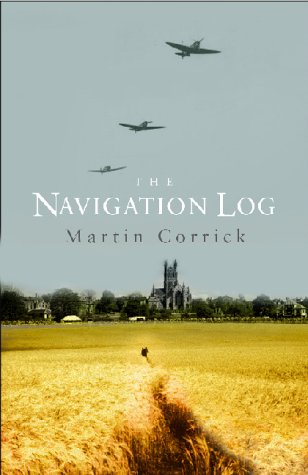This is a pleasant enough tale about twins in the south of England, and the different paths they took until they reached their early twenties, and the Second World War broke out.
The characters are nice enough, and the story is reasonably engaging, although it does have a certain inevitability about it. If the book has a weakness, it is the occasional extremely odd and seemingly disconnected sentence, such as when the maid enters a busy room, sees that she's not needed yet, and leaves the room. There are many sentences like this throughout the book - almost as if the editing hasn't managed to tie up all the loose ends.
But as I say, it's a pleasant enough tale, without ever really reaching any heights, or plummeting to any depths.

